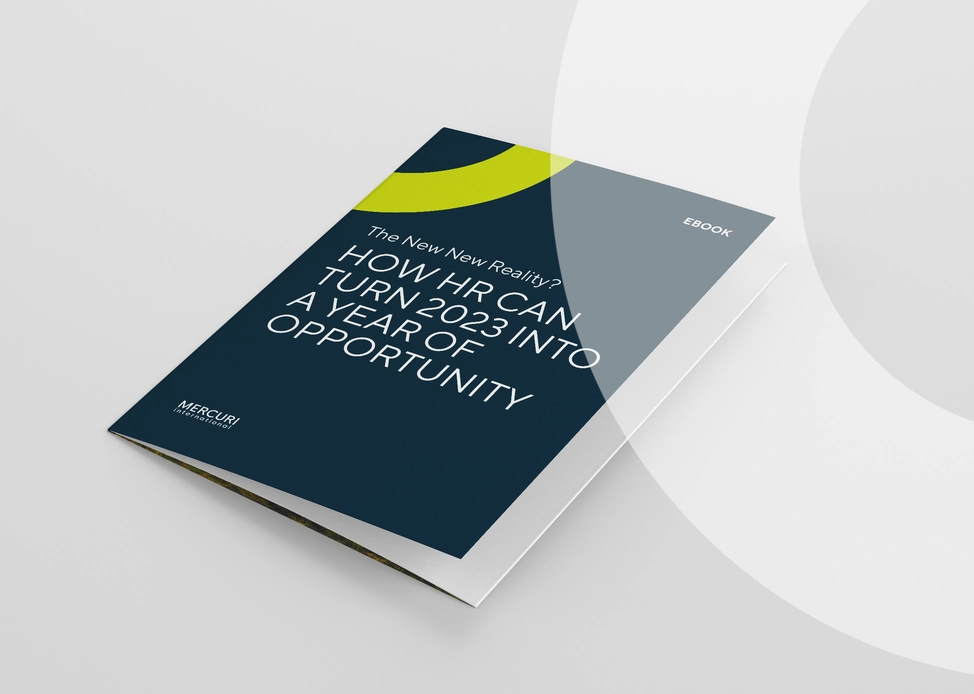In our series of three short blog posts, we’ll be taking a look at some of the key issues facing HR as they navigate the increasingly complex landscape of 2023. In our second, we take a look at the pressures facing HR – and how fresh thinking about the way we train may be part of the solution.
A 2022 study by the UK’s Chartered Institute of Personnel and Development found that work stress is increasingly one of the main causes of absence, both short and long term, severely impacting business profitability.
79% of those surveyed reported stress-related absences in their organization, with that figure rising to 90% in larger organizations with more than 250 employees.
HR’s role is complex. On the one hand, it’s HR’s job to support the workforce, mitigating the effects of stress where possible. On the other hand, stress is contagious – HR themselves are under enormous pressure and dealing with stress is, well, stressful.
Consider the various demands on HR on a daily basis:
- Managing remote work and virtual onboarding processes
- Ensuring compliance with rapidly changing employment laws and regulations
- Dealing with workplace diversity, equity, and inclusion issues
- Changing expectations of employee mental health and well-being in the wake of the COVID-19 pandemic
- Balancing the needs of employees with the demands of the business
- Dealing with high employee turnover and recruitment challenges
- Managing complex employee relations issues, such as harassment and discrimination claims
- Ensuring workplace safety and preparing for potential crises
- Staying up-to-date with emerging HR technologies and tools
- Maintaining strong relationships with managers and leaders within the organization
- Ensuring that the workforce has relevant skills to meet the demands of the market
That’s a big list.
There’s no ‘magic bullet’ that can completely eliminate the stressful nature of HR’s role, but with the right approach – and the right training environment – a lot of the issues which cause stress can at least be mitigated.
Learning is about people
One factor that can contribute to unnecessary stress for HR is the need to stay on top of ensuring that their teams are equipped with the relevant, practical skills that enable them to function at their best in their roles.
The challenge goes beyond just identifying the needed skills – it’s also about building a learning environment that users actually enjoy, and implementing training in a way that can adapt to the individual preferences of the trainee.
When constructing a learning environment it’s also essential to remember that learning environments cannot be static, one-size-fits-all operations. They need to adapt around evolving needs and be designed from the outset with a specific team’s requirements in mind.
When a learning environment is built in this way, in partnership with training experts, not merely purchasing from a vendor, then it becomes much easier to implement valuable training and give sales teams the real world skills they need to achieve success. And along the way? Overall stress and workloads can be radically reduced.
Pressure shouldn’t be stressful
We’re not saying that there’s just one plug-and-play solution that magically makes the role of HR straightforward. It’s a complex, often emotional role – and with that comes an inevitable amount of pressure. But there are ways that we can mitigate this pressure, and minimise the amount of actual avoidable stress that it causes in the workplace.
Because when HR is happy and relaxed, they can really get the best from their teams.
Discover a learning environment built to support HR – Contact us today for a first, personalized assessment.



